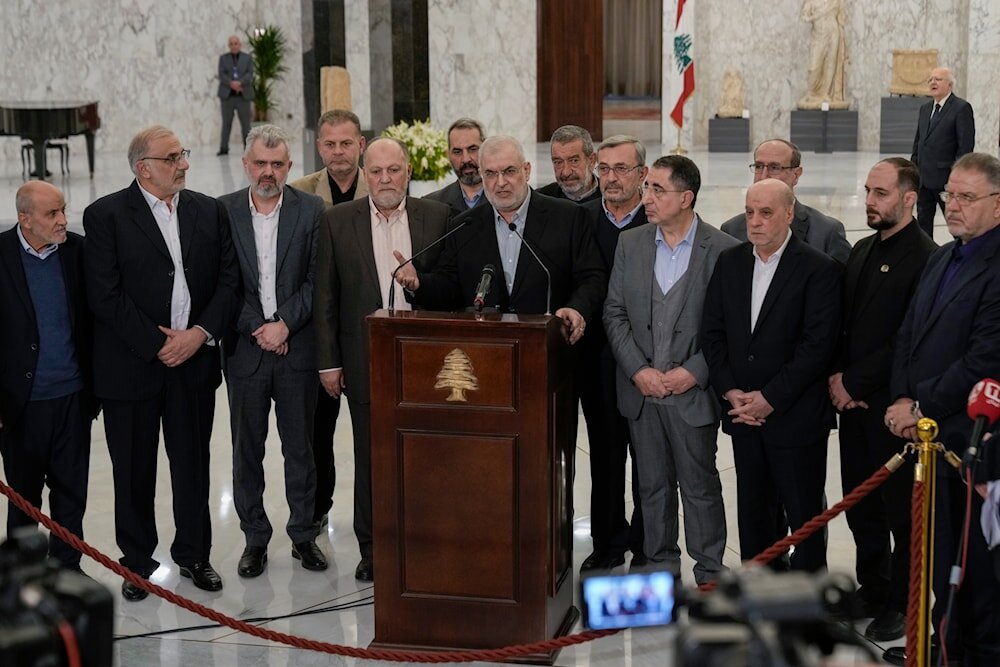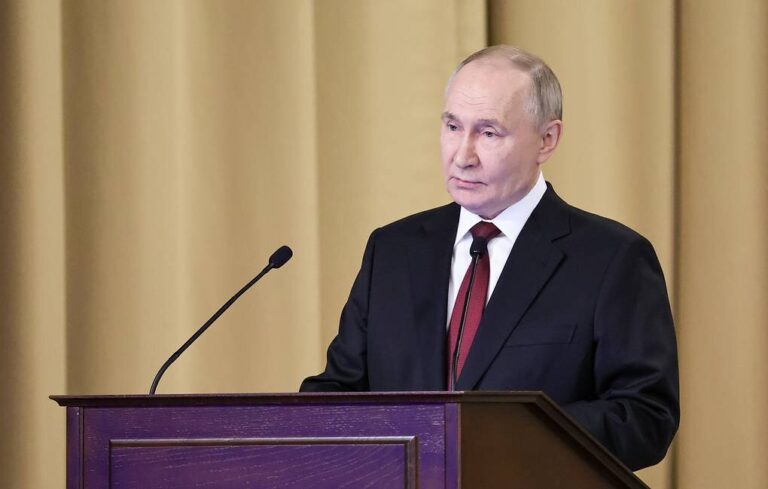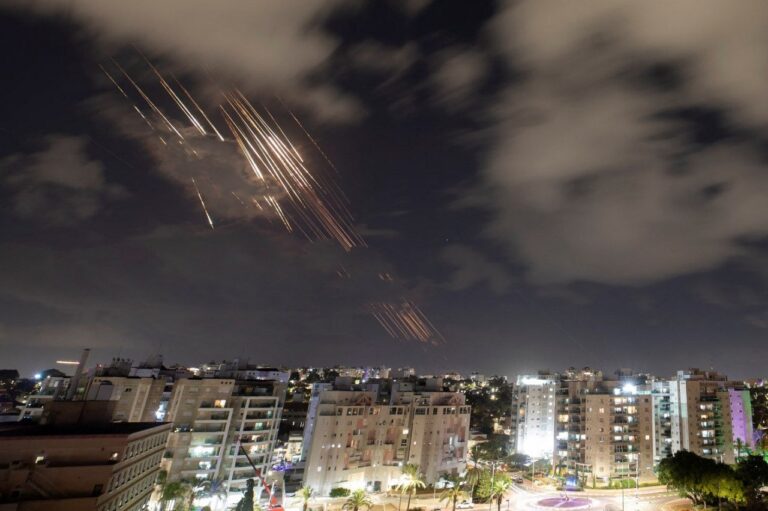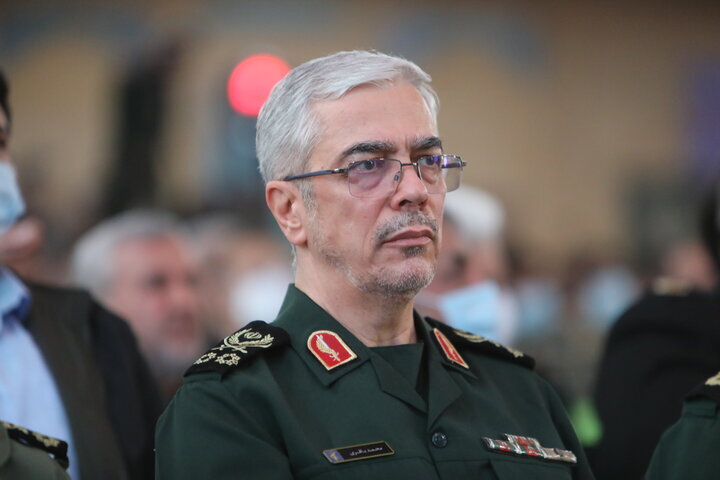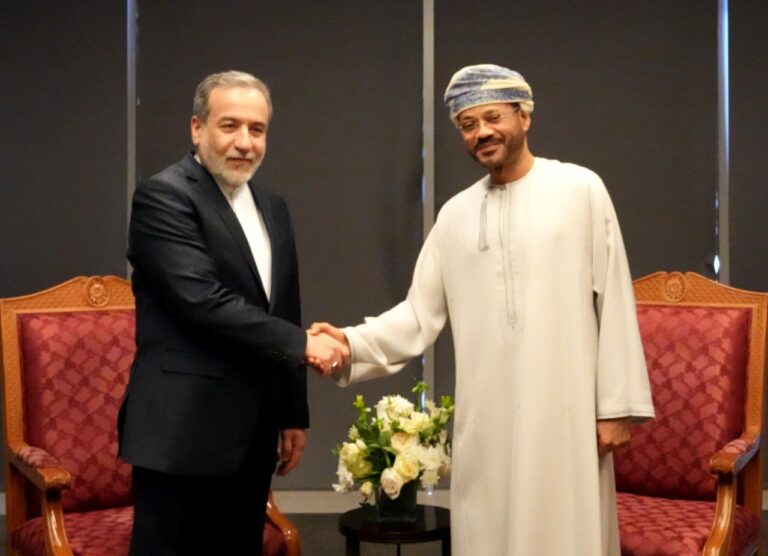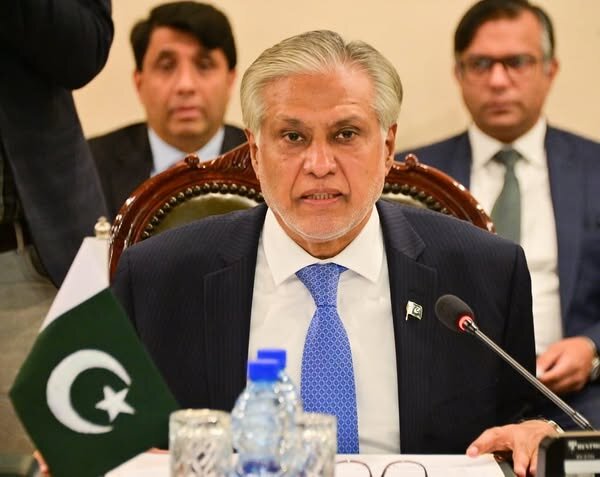Lebanese MP Condemns US Diplomat’s Anti-Hezbollah Comments Amid Rising Tensions
In a recent exchange of statements, the remarks made by US Deputy Special Envoy for the Middle East, Morgan Ortagus, have sparked significant controversy and backlash in Lebanon. Her claims, made during a meeting with Lebanese President Joseph Aoun, have been met with strong condemnation from various Lebanese political figures, particularly MP Mohammad Raad, the head of the Loyalty to the Resistance Bloc. This incident underscores the complexities of Lebanese politics and the sensitive nature of US involvement in the region.
Following her meeting, Ortagus stated, “Hezbollah was defeated by Israel and we are grateful to our ally Israel for defeating Hezbollah.” This assertion was not only seen as provocative but also as an outright attack on a significant Lebanese faction integral to the country’s political landscape. Raad characterized her comments as “an attack on a national Lebanese component that is part of national accord and Lebanese politics.”
Raad’s response highlights several critical points about the implications of Ortagus’ statements:
- Interference in Sovereignty: Raad criticized Ortagus’ assertion that the US had established “clear red lines” regarding Hezbollah’s participation in the Lebanese government, describing it as a blatant interference in Lebanese sovereignty.
- Violation of Diplomatic Norms: He emphasized that such comments break away from established diplomatic norms and principles of international relations.
- Hostility Towards Lebanon: The Lebanese MP labeled Ortagus’ remarks as “filled with hatred and devoid of responsibility,” indicating a deeper animosity towards a Lebanese entity that has historically stood against Israeli aggression.
Moreover, Raad pointed out that the rhetoric surrounding corruption does not equate to embracing terrorism, stating, “Those who wish to speak about corruption do not embrace terrorism.” In his view, the actions of the Israeli occupation, which he claims are supported by US policies, severely undermine the credibility of the democratic values that the US often professes to uphold.
MP Mohammad Raad also condemned the aggression backed by the US, asserting, “The ugliness of Israel’s war on Gaza and Lebanon is enough for all people to realize who in fact supports, funds, and arms terrorism.” He continued by highlighting the broader implications of these actions, stating that they contribute to the displacement of individuals from their lands and infringe upon their rights, all while violating international law and norms.
In his passionate address, Raad emphasized that true victory lies in exposing the realities of the aggressor. He asserted, “The victor is the one who has exposed the true image of the aggressor, revealing how it commits genocide against civilians, children, and women, targets homes and hospitals, and destroys entire residential neighborhoods.” This statement reflects a profound critique of the ongoing conflict and its humanitarian consequences.
Raad’s remarks echo a sentiment prevalent among many Lebanese and regional observers who view US involvement in the Middle East as exacerbating tensions rather than fostering peace. His condemnation of Ortagus’ statements is a clear indication of the feelings of a significant portion of the Lebanese populace regarding foreign interference in their domestic affairs.
As the situation evolves, the interplay between US foreign policy and Lebanese political dynamics will continue to be scrutinized. The reactions from Lebanese leaders like Raad illustrate the delicate balance of power and the ongoing struggle for sovereignty in a region fraught with conflict and intervention.
In conclusion, the recent statements made by US Deputy Special Envoy Morgan Ortagus have not only highlighted the tensions between Lebanon and Israel but have also brought to the forefront the broader implications of US policies in the Middle East. The response from Lebanese officials serves as a reminder of the complex and often contentious relationship between local politics and foreign intervention. It is essential for observers to consider these dynamics when evaluating the future of Lebanese sovereignty and stability in the region.
As this story develops, it will be crucial to monitor the responses from various stakeholders, including the Lebanese government, Hezbollah, and international actors involved in Middle Eastern politics. The discourse surrounding these events will undoubtedly shape the narrative of Lebanon’s political landscape in the coming months.
